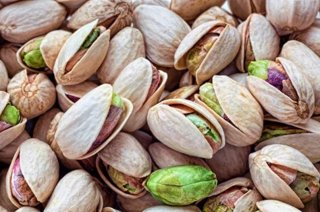6 Warning Signs You May Have a Lung Disease
Advertisements
People often ignore health issues, attributing symptoms to growing older or being out of shape. It can be easy to ignore what seem like fairly harmless symptoms, not knowing that they’re telltale signs that you have a lung disease.
Chronic lung diseases respond best to treatment when they are caught early. The longer the disease has had to progress, the more difficult it’ll be to treat and the poorer the outcome will be for the patient. Based on information from the American Lung Association, we’ve listed six of the most common symptoms of many lung diseases. If you experience any of these, get them checked out.
1.Chronic Cough
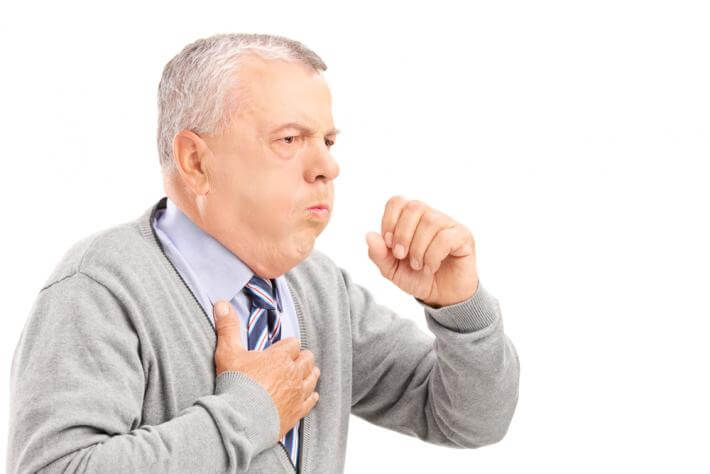
Coughing is a routine bodily function, but when it lasts for an extended time, it can get in the way of everyday life and be worrying. A chronic cough can be wet and produce phlegm or dry and tickle the throat.
If you’ve had a cough for more than a month then it’s medically considered a chronic cough. Nearly all lung diseases have a chronic cough as one of its main symptoms. It’s a warning sign that something is not right with your lungs.
2.Shortness of Breath
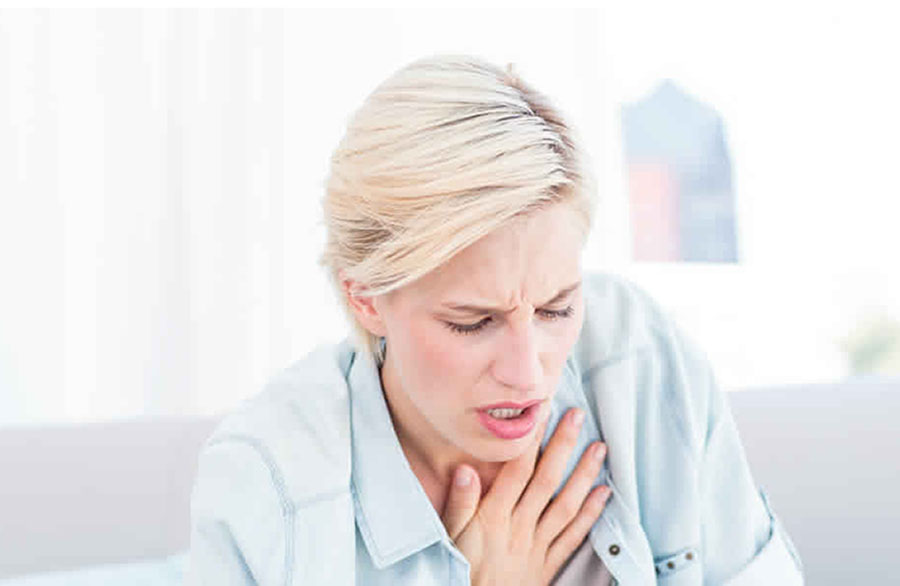
Few sensations are as frightening as not being able to get enough air. Shortness of breath — known medically as dyspnea — is often described as an intense tightening in the chest, air hunger, difficulty breathing, breathlessness or a feeling of suffocation.
Very strenuous exercise, extreme temperatures, obesity and higher altitude all can cause shortness of breath in a healthy person. Outside of these examples, shortness of breath is likely a sign of a medical problem.
If you have unexplained shortness of breath, especially if it comes on suddenly and is severe, see your doctor as soon as possible.
3.Over-production of Mucus
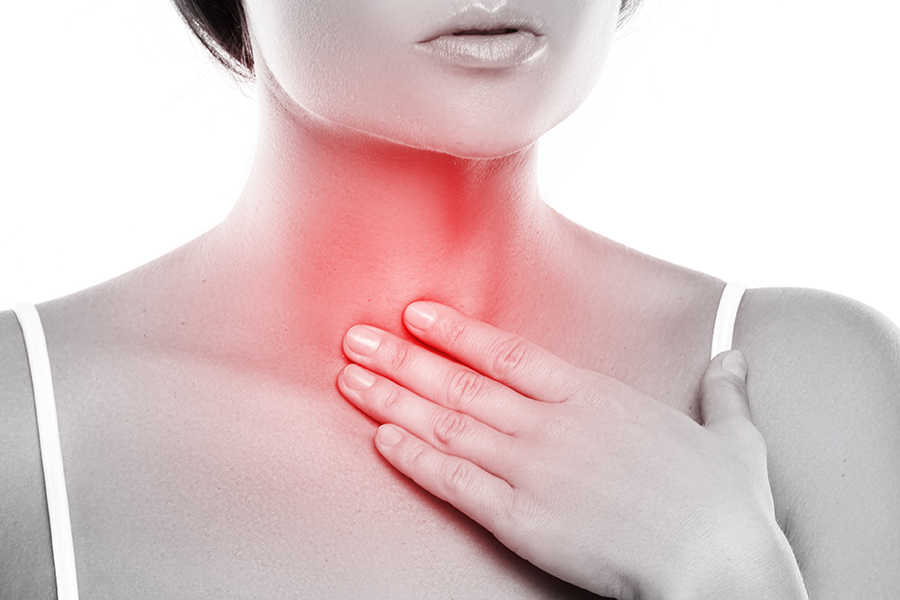
Mucus protects your respiratory system with lubrication and filtration. It’s produced by mucous membranes that run from your nose to your lungs.
Every time you breathe in, allergens, viruses, dust, and other debris stick to the mucus, which is then passed out of your system. But sometimes, your body can produce too much mucus, which requires frequent throat clearing.
Mucus is the body’s natural defense against infections and irritants in the airways. If you have the flu or a cold then producing a lot of sputum or mucus is common, but if you are regularly producing lots of mucus then there is a build up of the substance on your lungs, which could indicate a chronic lung disease.
4.Wheezing

Wheezing is a high-pitched whistling sound made while you breathe. It’s heard most clearly when you exhale, but in severe cases, it can be heard when you inhale. It’s caused by narrowed airways or inflammation.
Wheezing or breathing noisily is a sign that something could be blocking the airways in the lungs or something’s making them too narrow.
Wheezing may be a symptom of a serious breathing problem that requires diagnosis and treatment.
5.Coughing Up Blood
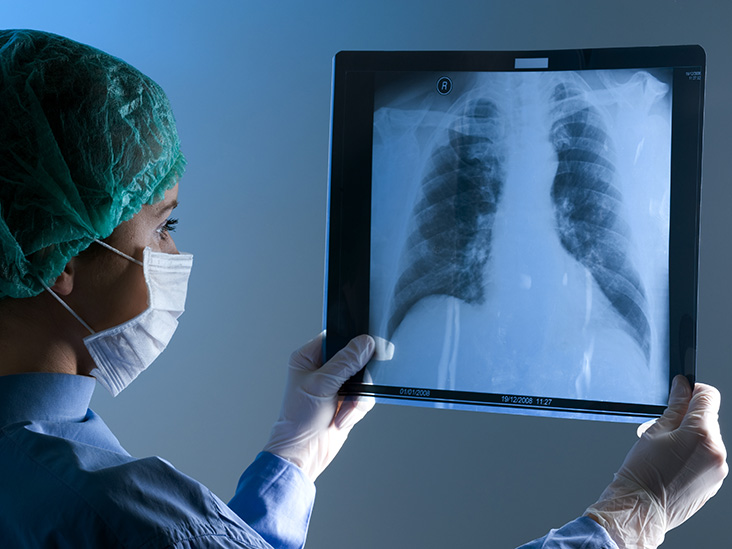
Coughing up blood could be a sign of an infection of the upper respiratory system or the lungs. Either way, it’s a clear signal that something is wrong and should not be ignored.
Coughing up blood can be alarming, but isn't usually a sign of a serious problem if you're young and otherwise healthy. It's more a cause for concern in older people, particularly those who smoke.
The medical term for coughing up blood is haemoptysis.
You may cough up small amounts of bright red blood, or frothy blood-streaked sputum (phlegm). The blood is usually from your lungs and is often the result of prolonged coughing or a chest infection.
If the blood is dark and contains bits of food or what look like coffee grounds, it may be coming from your digestive system. This is a more serious problem and you should go to hospital straight away.
6.Chest Pain

Chest pain appears in many forms, ranging from a sharp stab to a dull ache. Sometimes chest pain feels crushing or burning. In certain cases, the pain travels up the neck, into the jaw, and then radiates to the back or down one or both arms.
Any unexplained chest pain or a feeling of tightness in the chest when you breathe in and out should be investigated by your doctor if it persists for more than a few weeks.
Many different problems can cause chest pain. The most life-threatening causes involve the heart or lungs. Because chest pain can indicate a serious problem, it's important to seek immediate medical help.
You may like:
